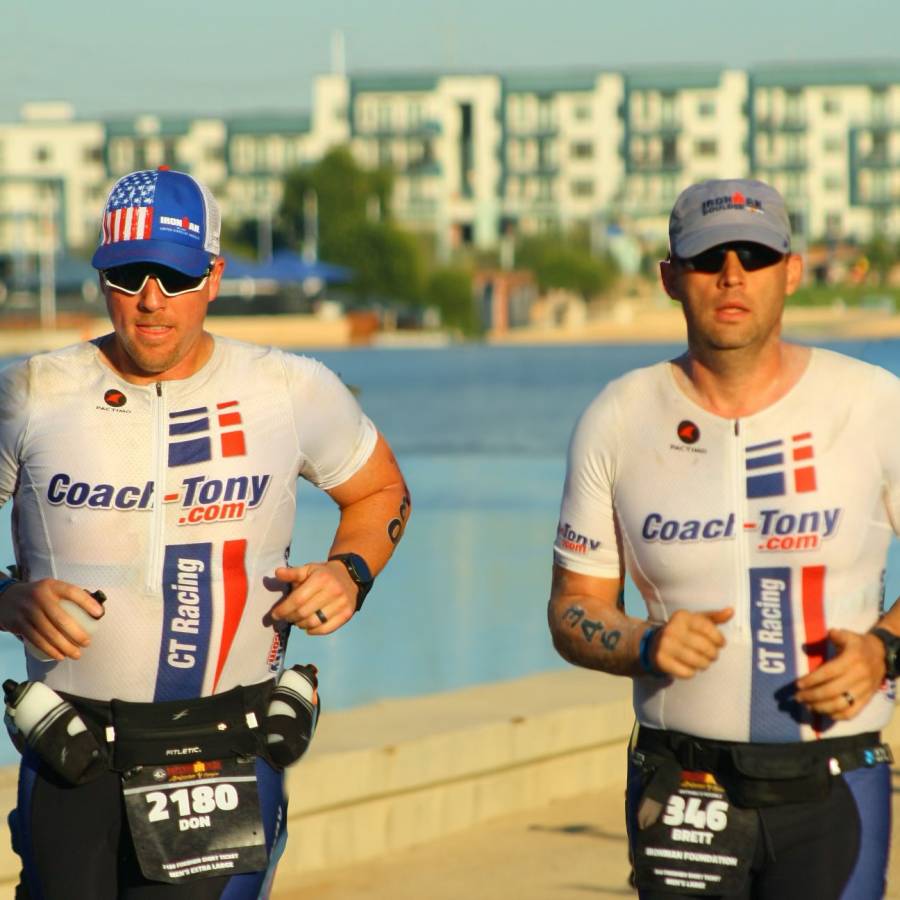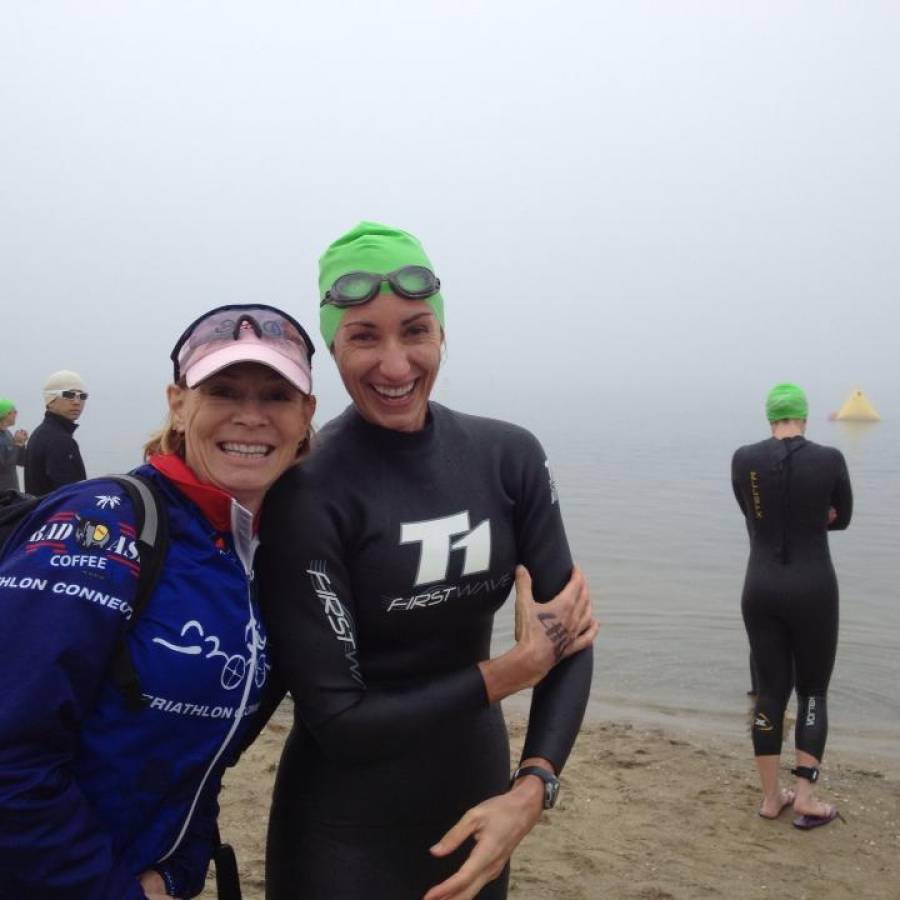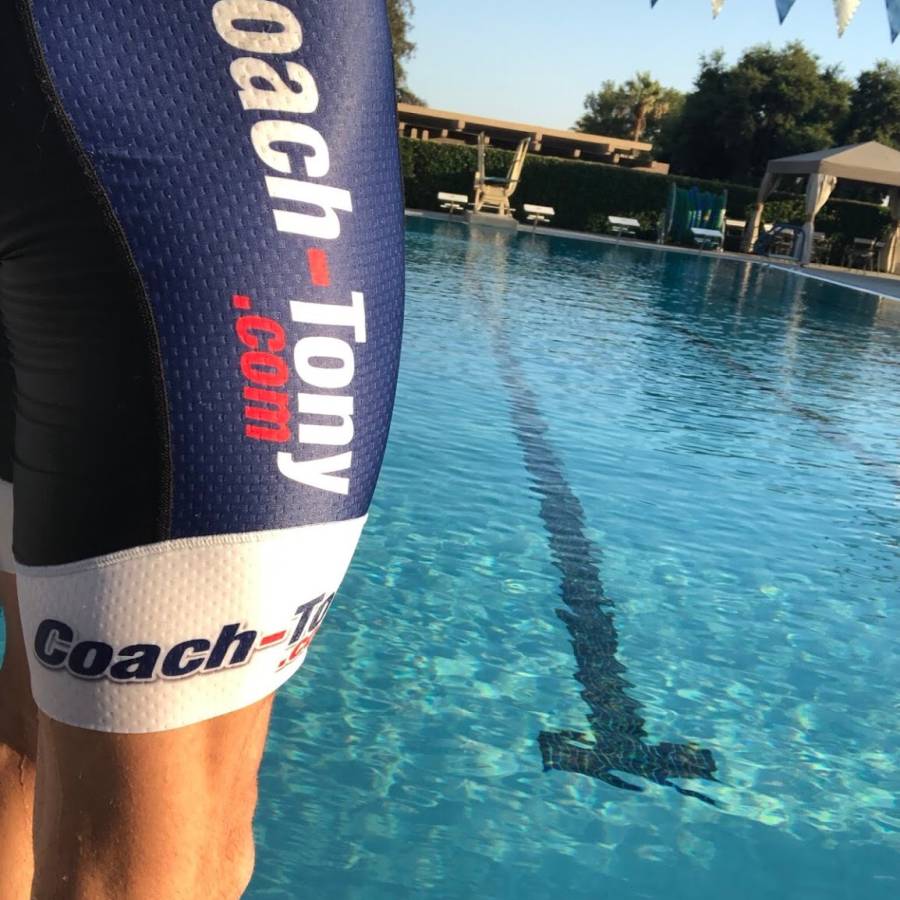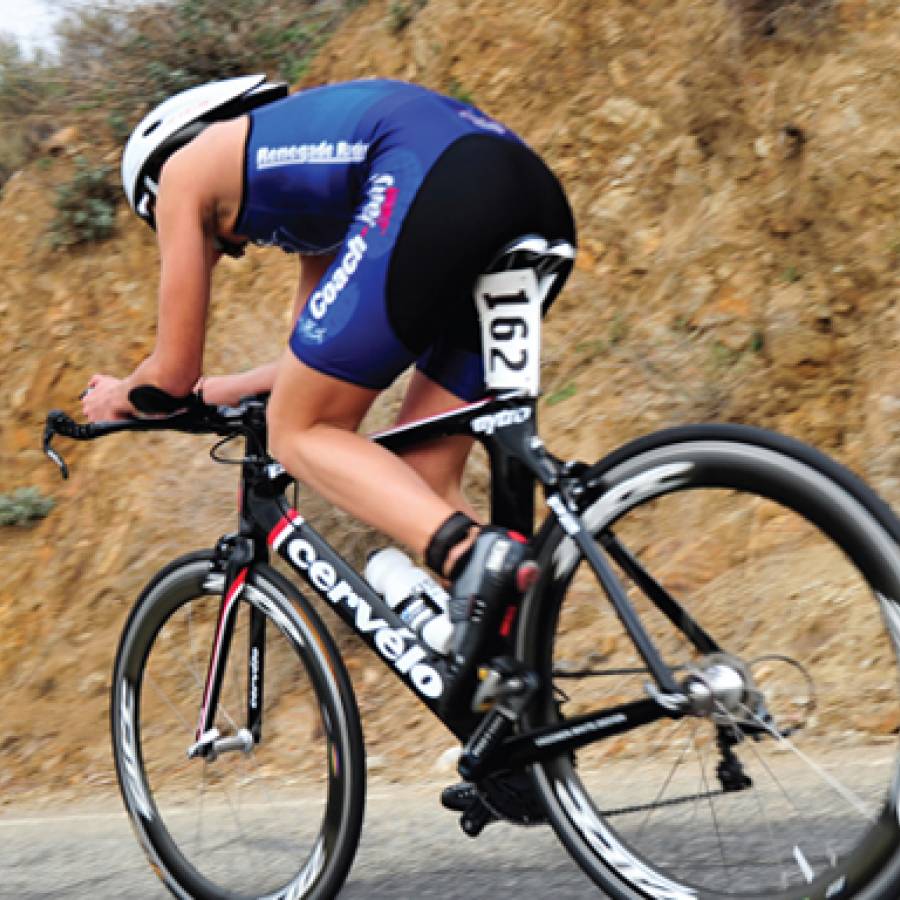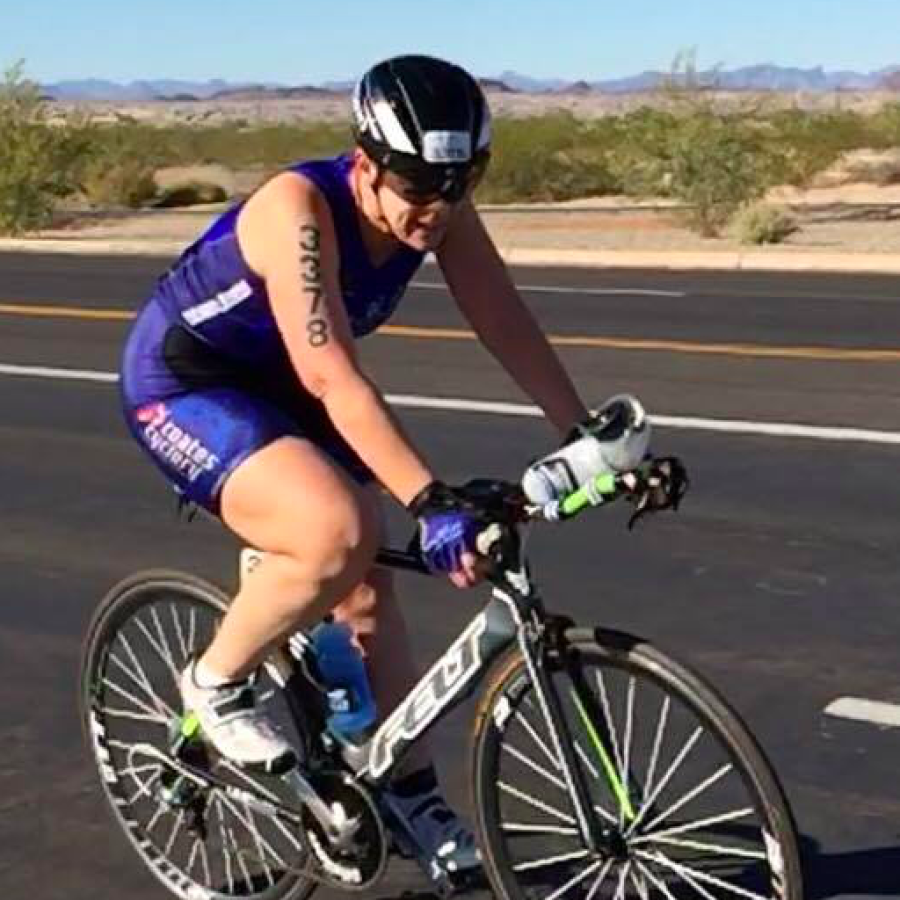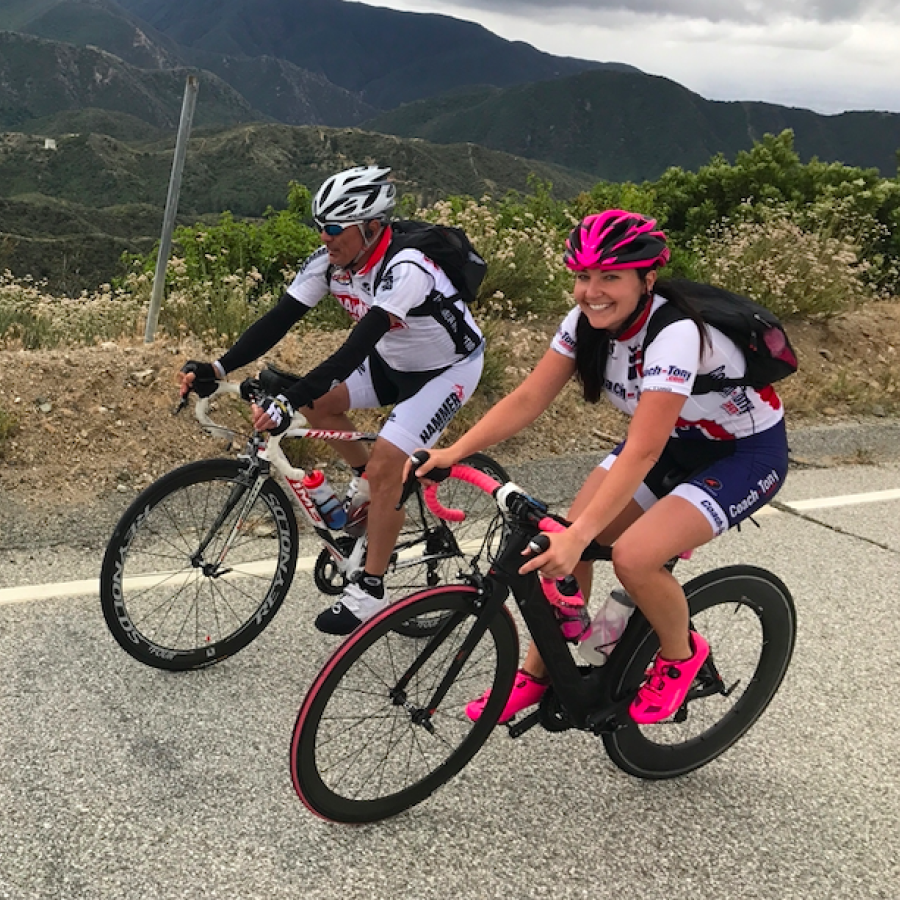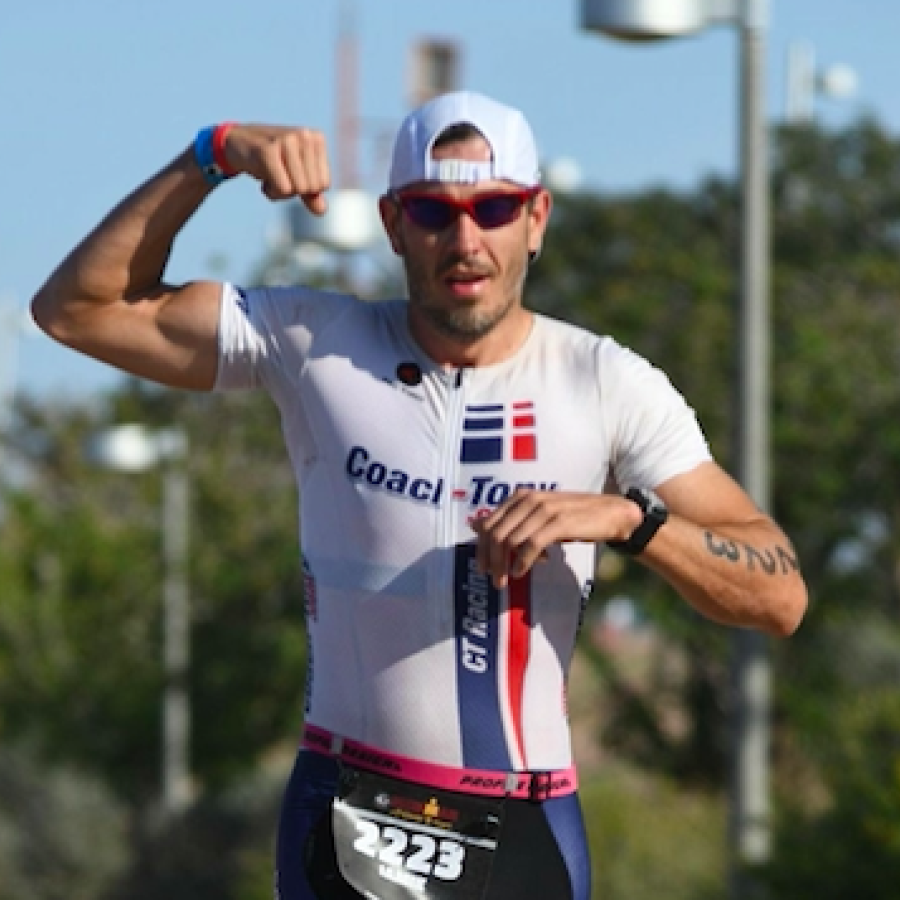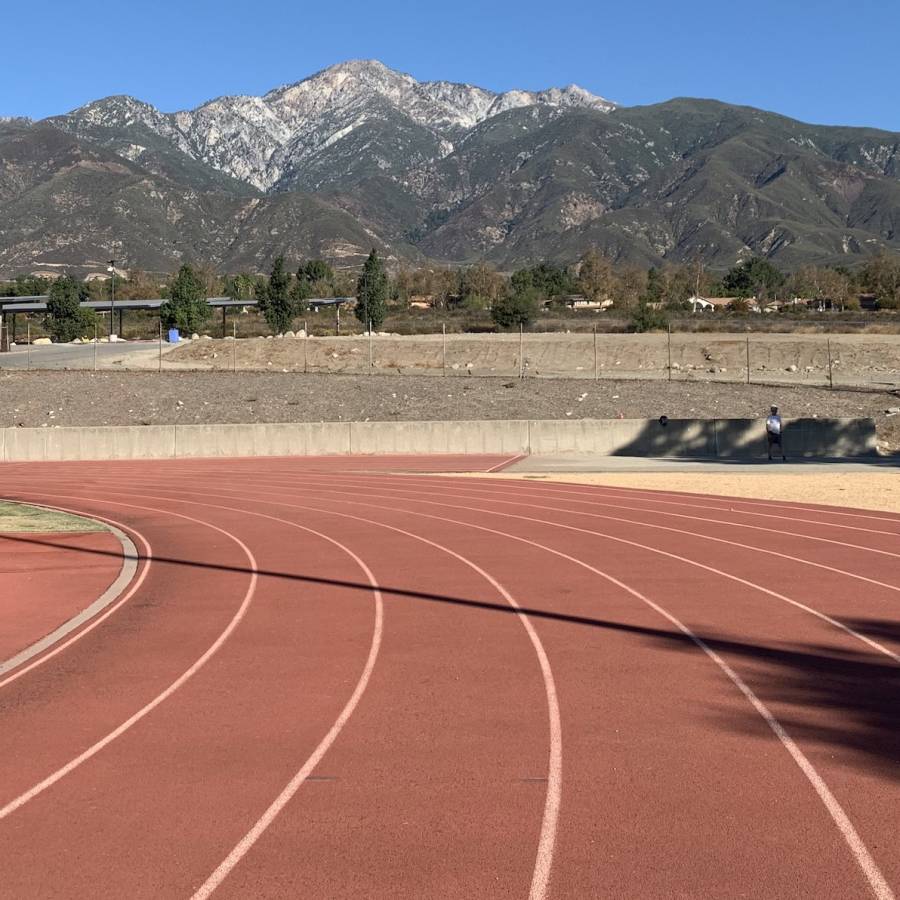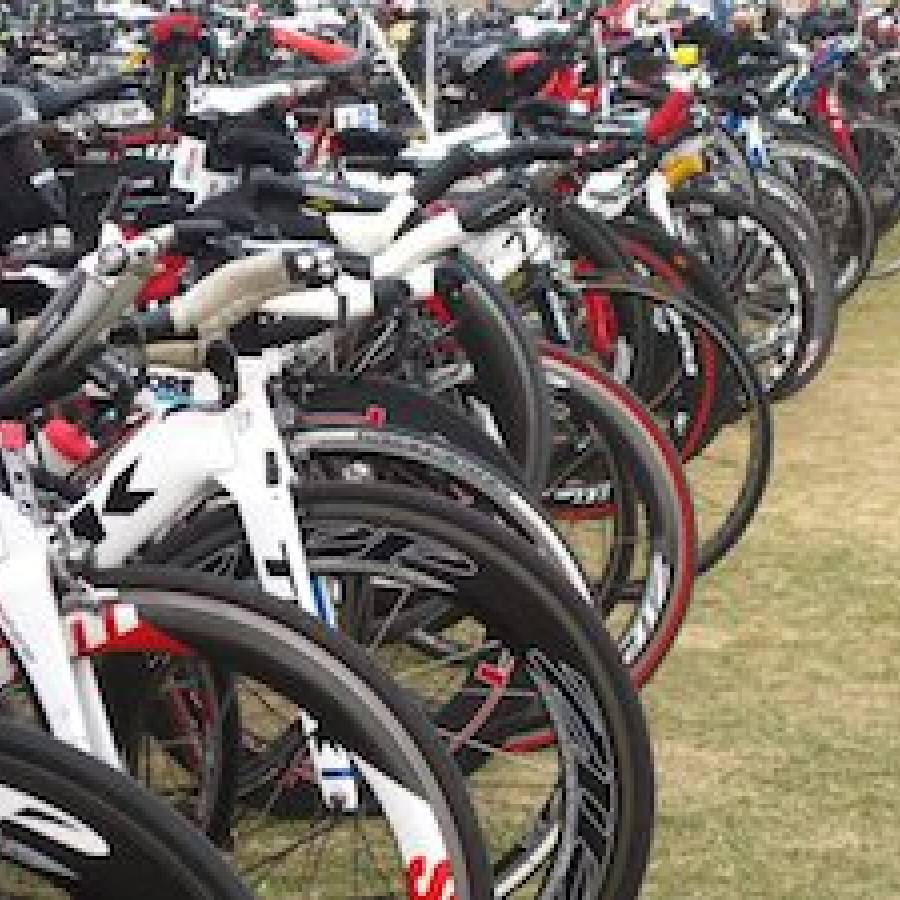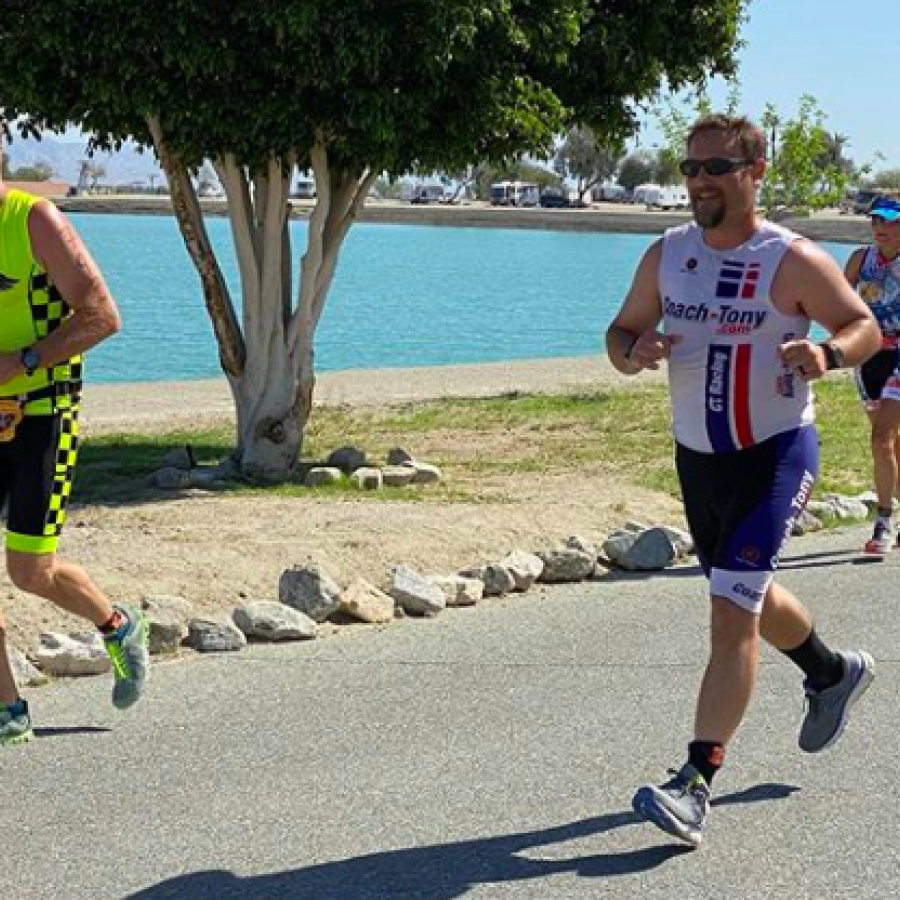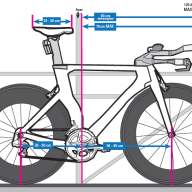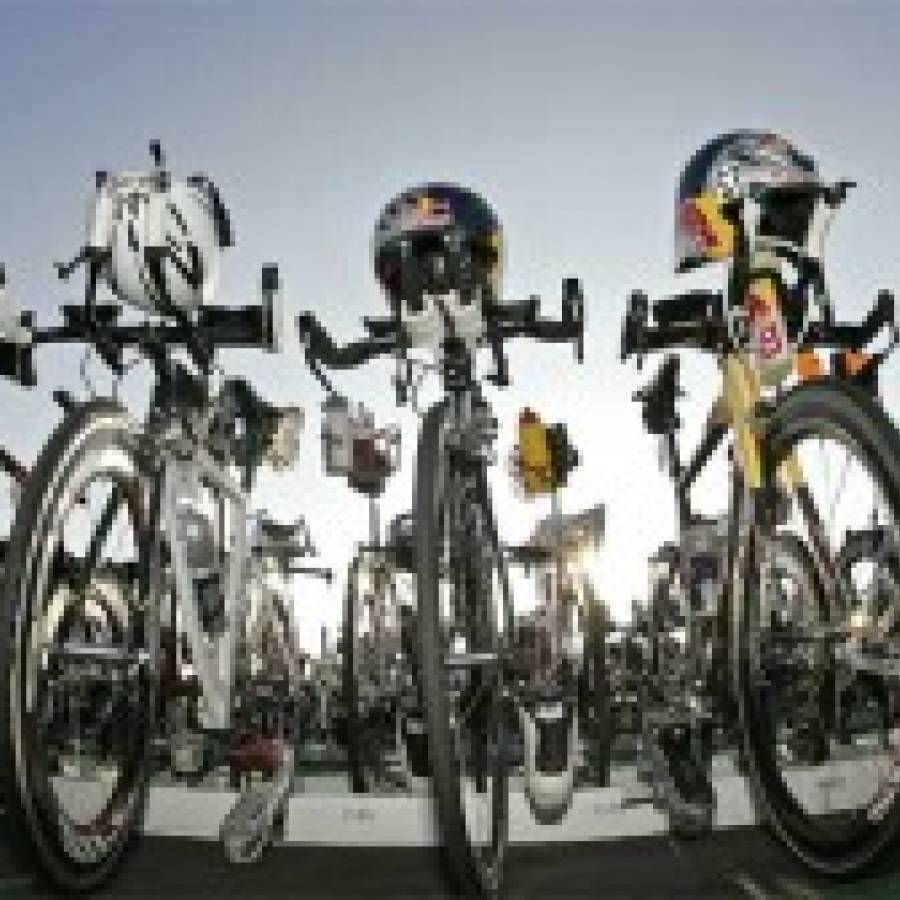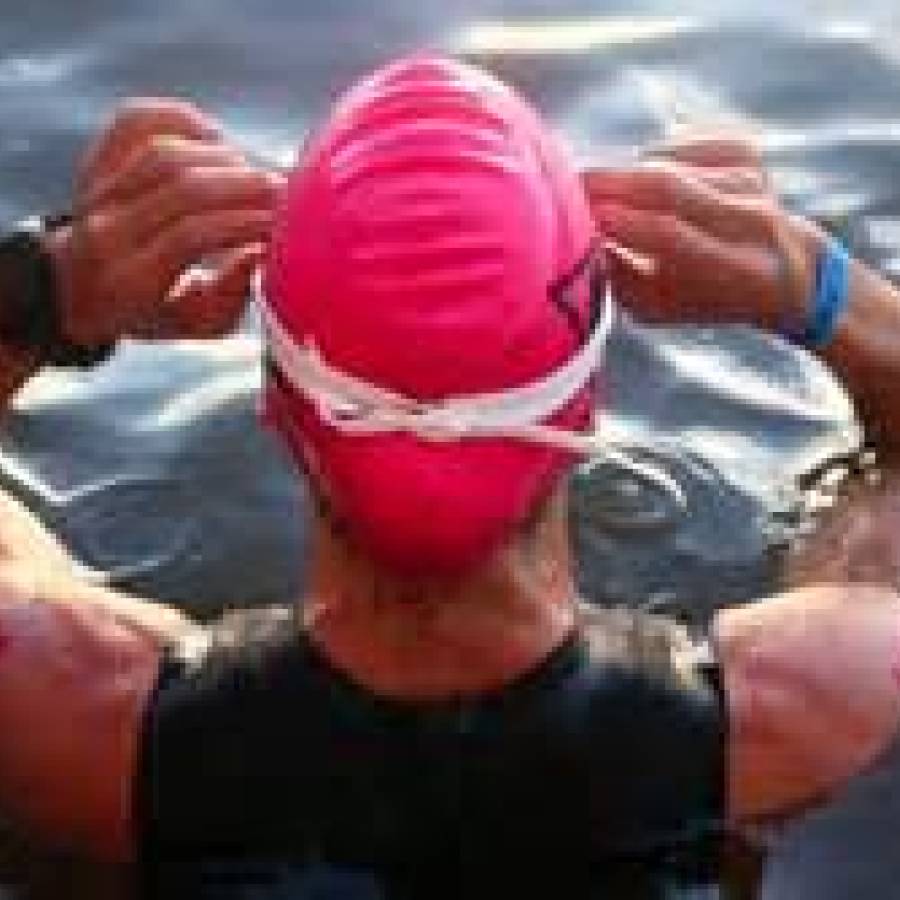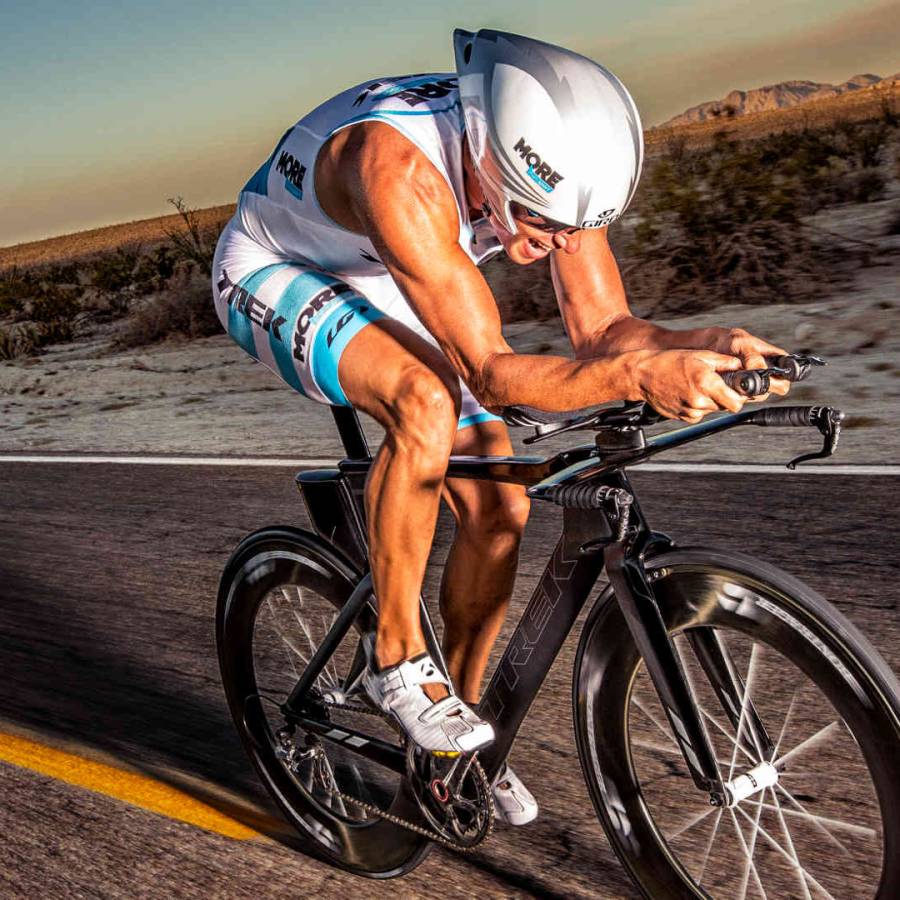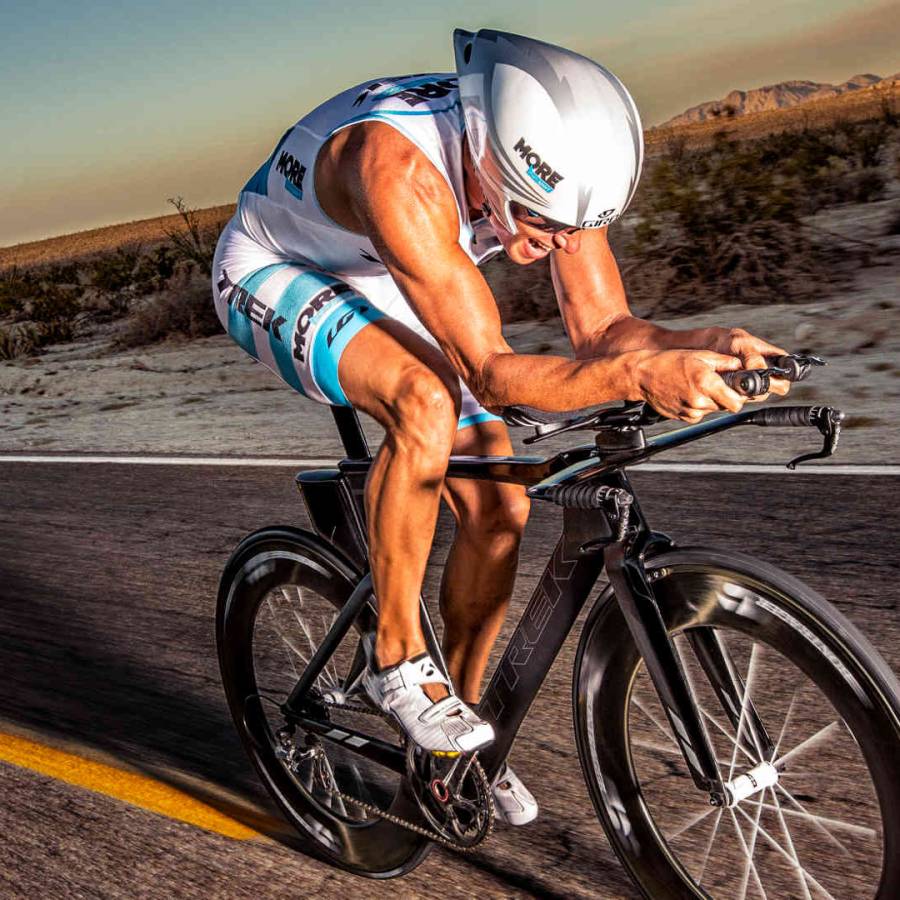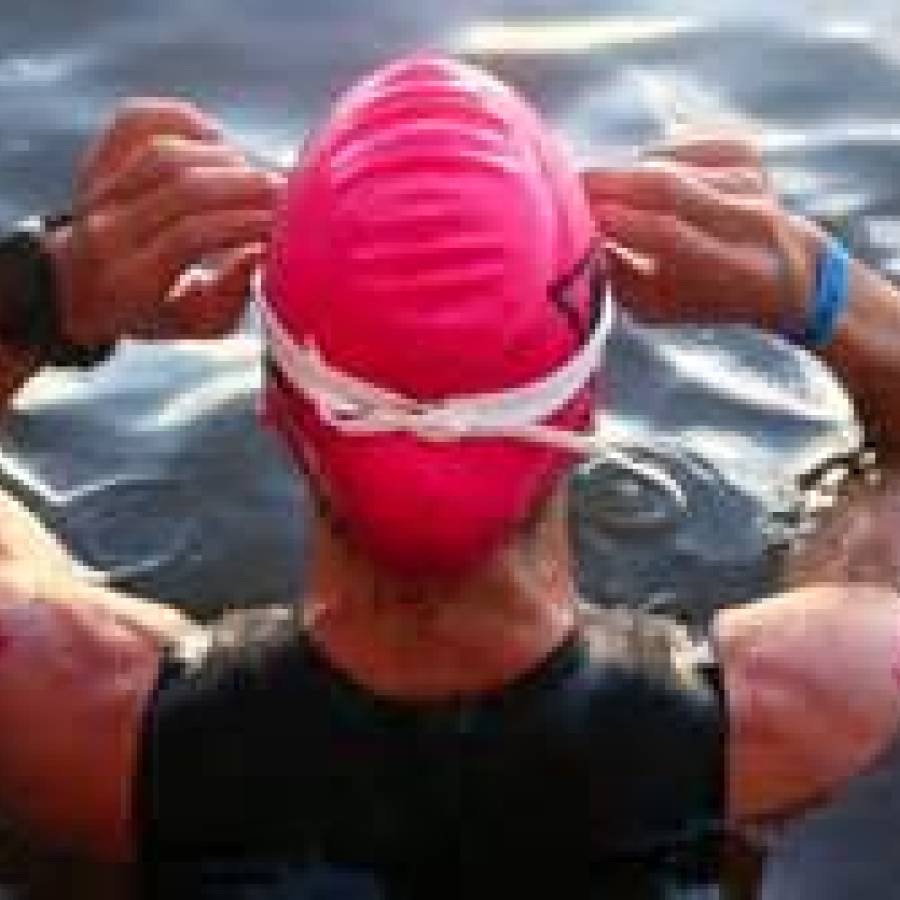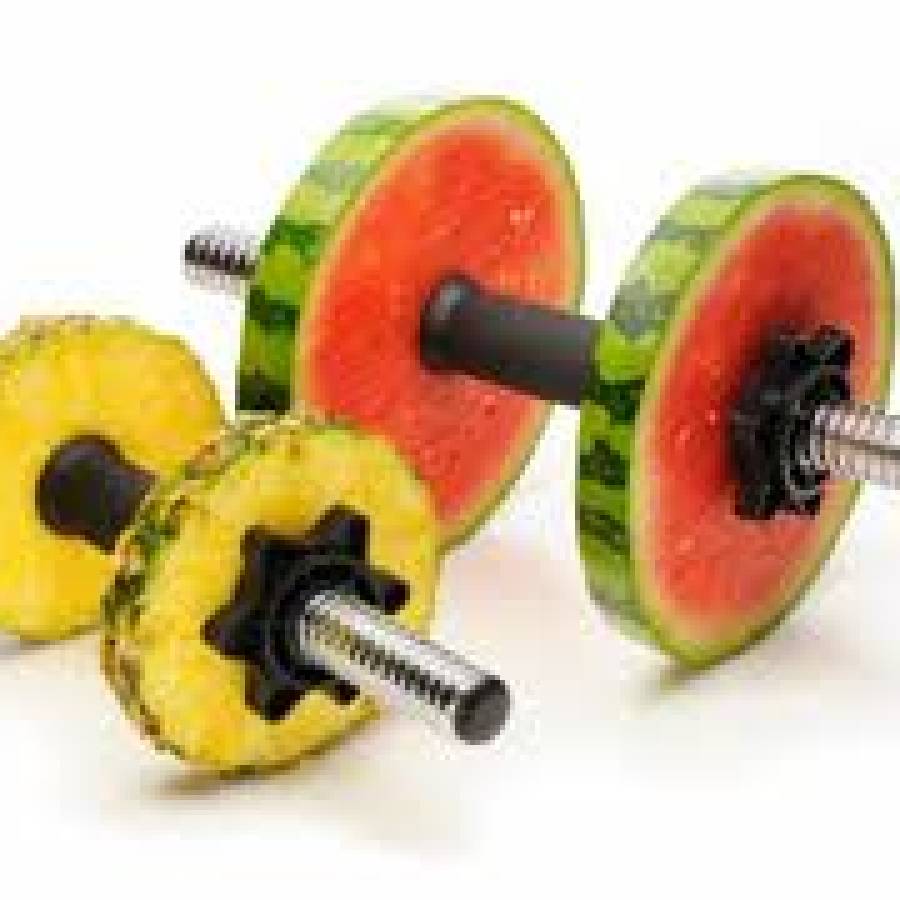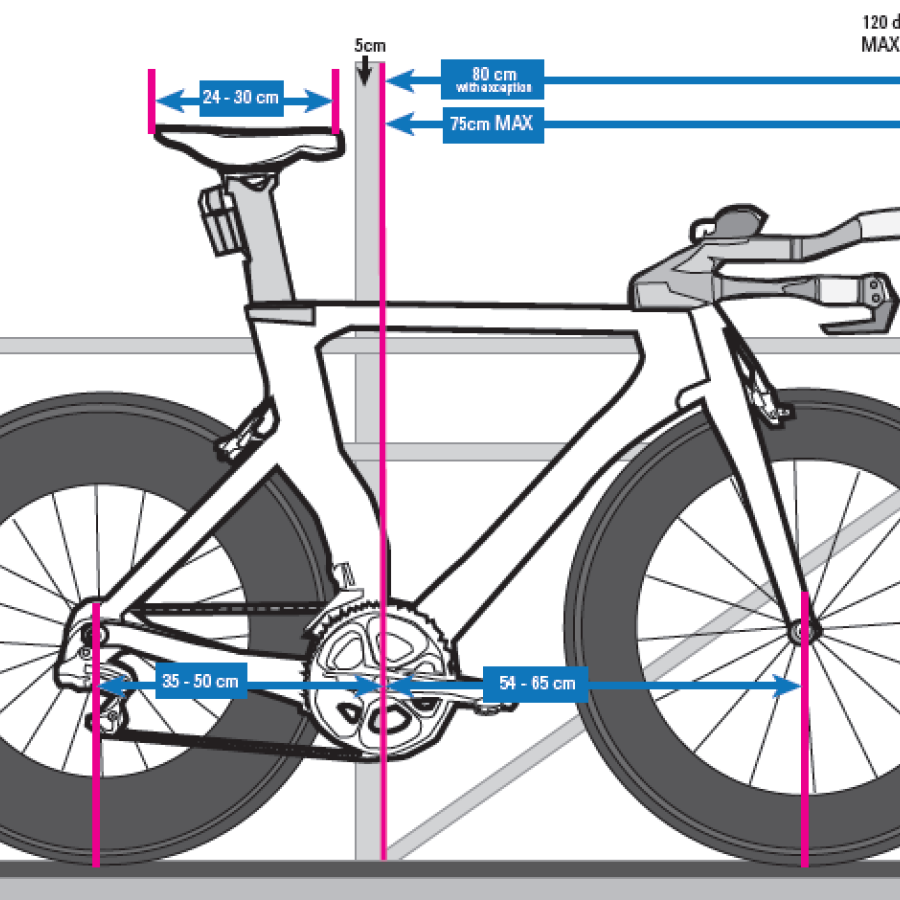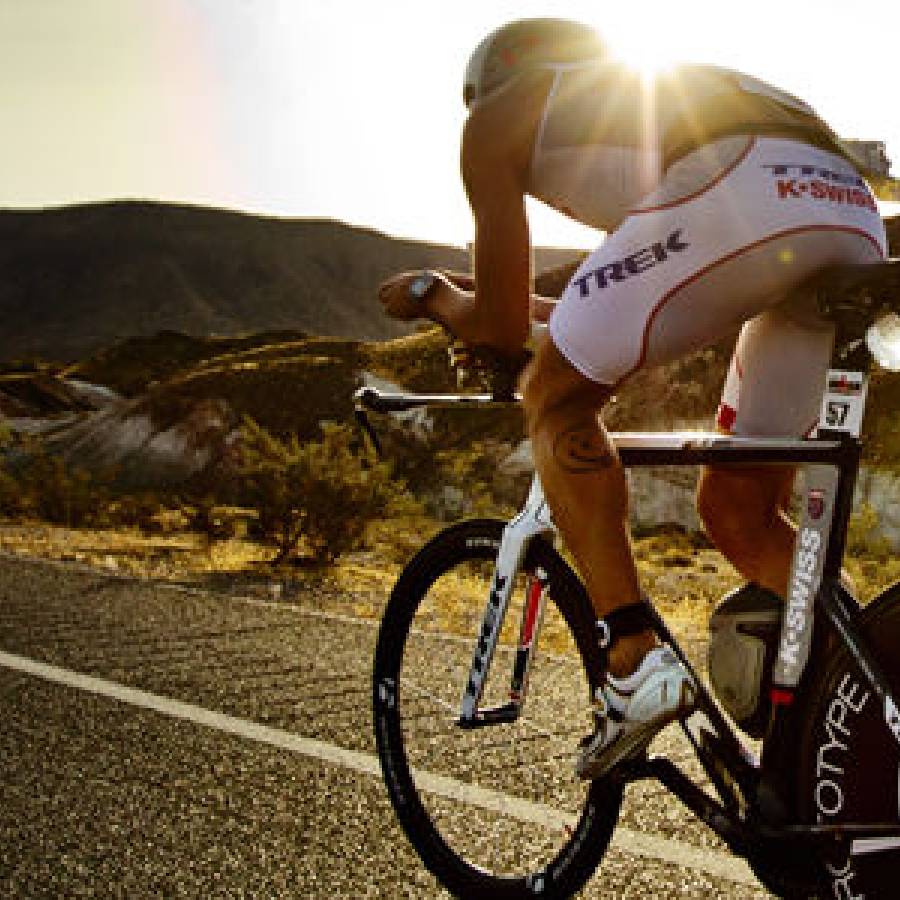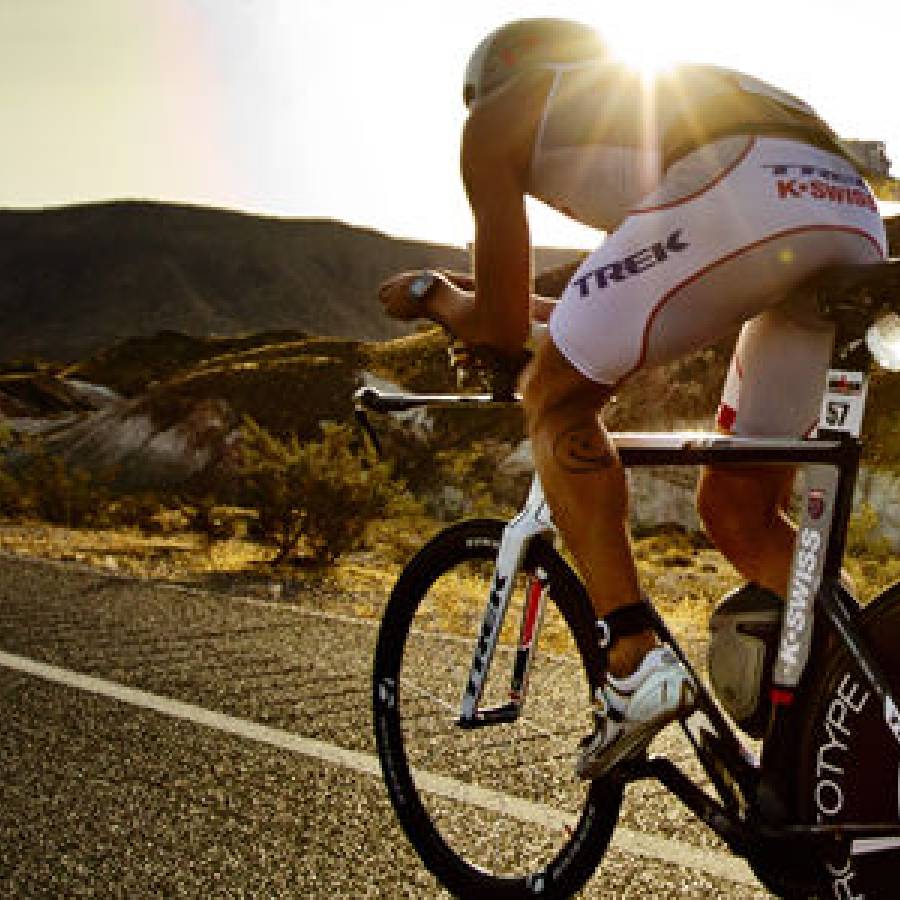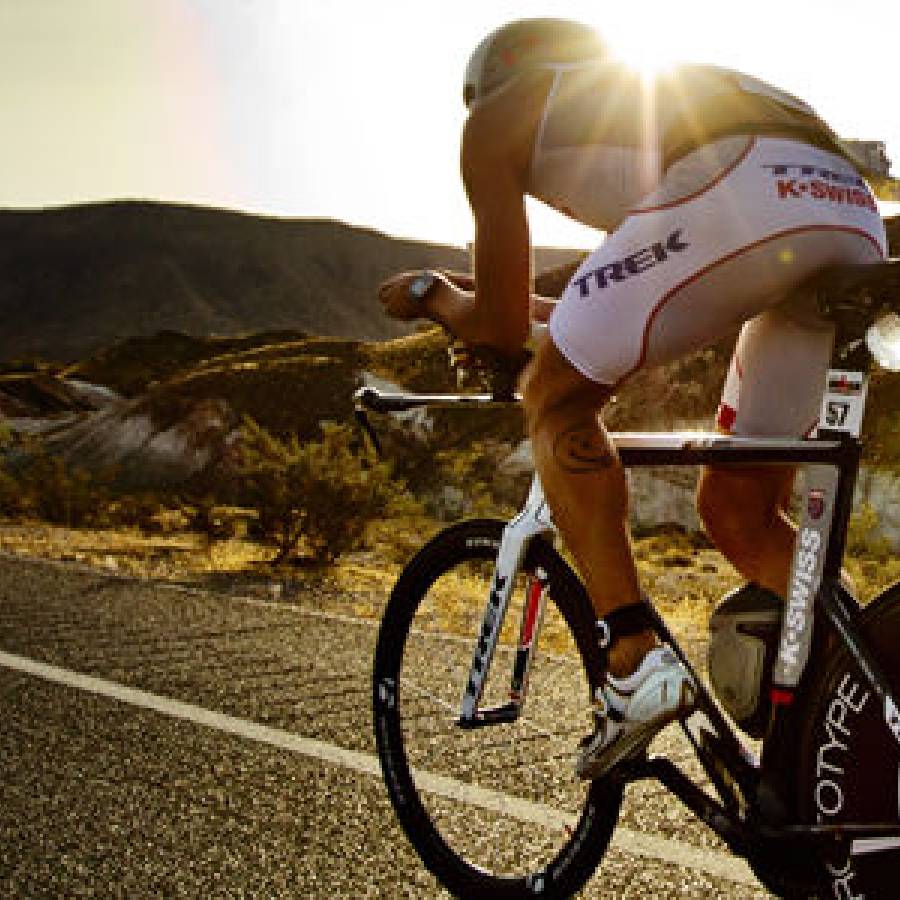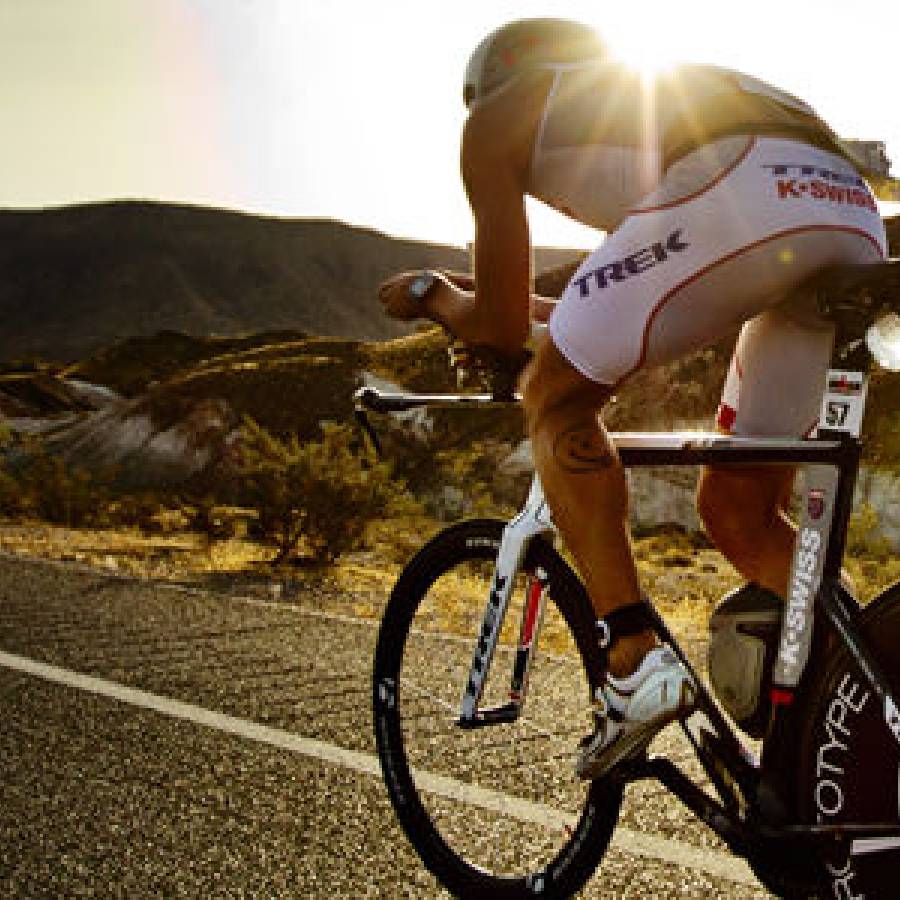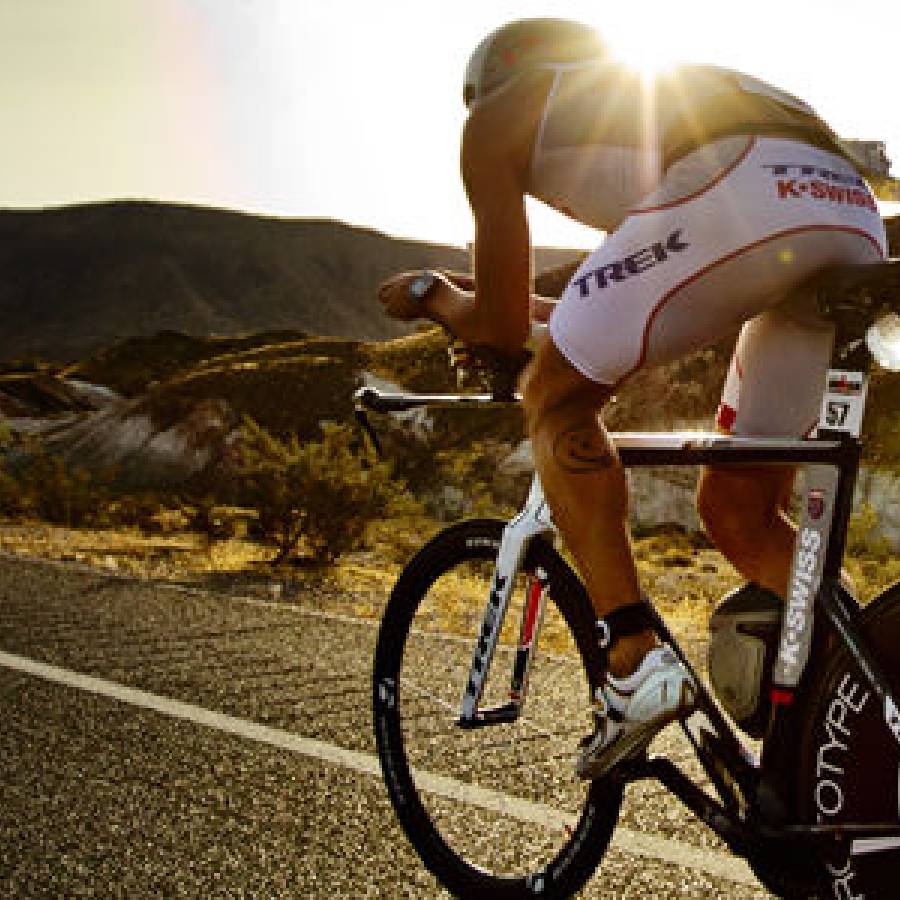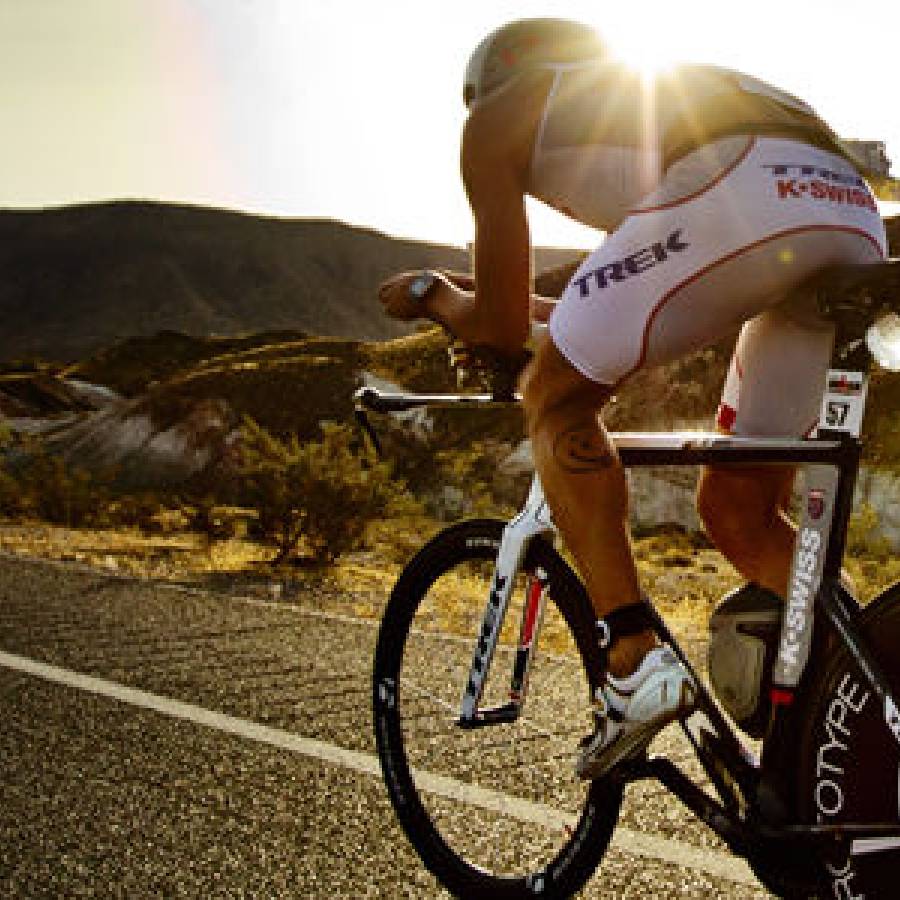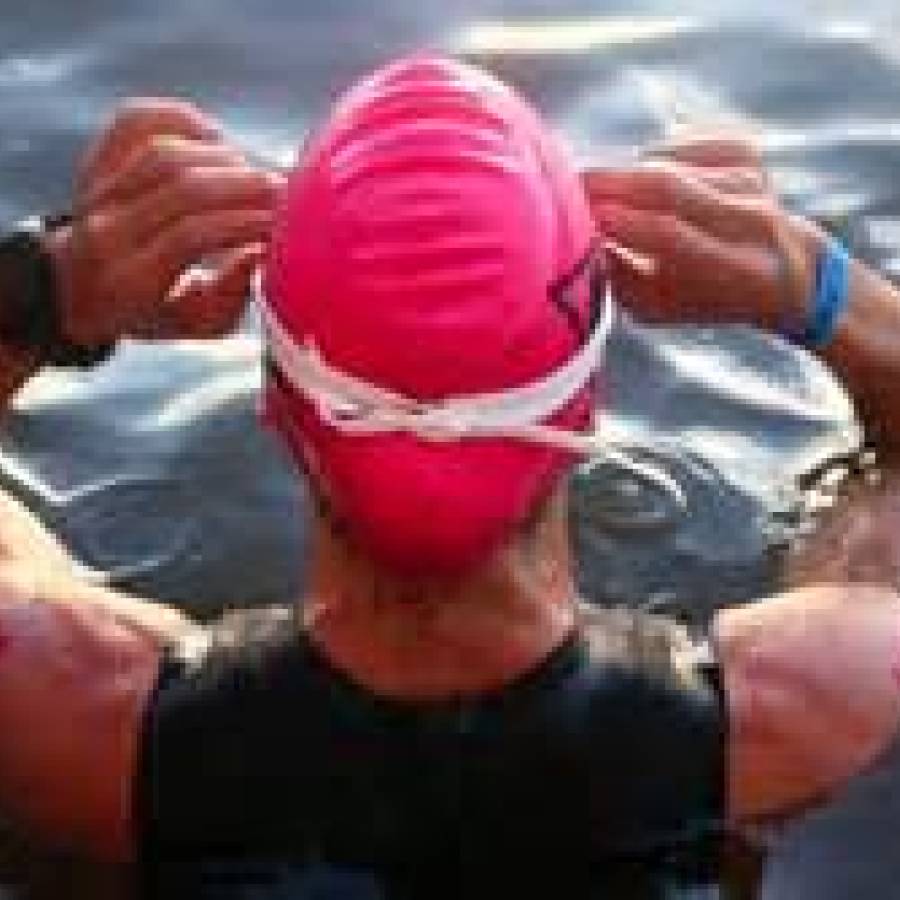
Tackling your first marathon can be an overwhelming feat. Events of this distance or duration take as much metal strength as they do physical strength. After mile 20, the run becomes exponentially more difficult for various reasons. Your brain becomes overloaded with messages from your body. The best type of luck is good preparation. To help you prepare for your first marathon consider the following guidelines.
Clean Bill of Health
Get a thorough examination before you begin. Even if you are in good shape, training for a marathon will apply additional stresses to your body not previously experienced. Ensure your doctor is aware of your desire to train and/or complete in a marathon so that previous or existing injuries are known and will not prohibit training. Make these know to your coach so that prescribed workouts do not aggravate old injuries. Small muscle tears become large tears derailing your plan.
Commitment & Time Management
Many people have heard me says this over add over again… “we are a society of instant gratification.” We want it now. In order to have a good race (whether that means fast and/or enjoyable) your training should be based on quality training plan. Quality training takes time and should start small and build over time up to the distance you desire. Weekly increases in mileage should not exceed 10%. Conquering large distances too early only invites injury. Set your goal out 6 to 9 months and incorporate running into your life style. Make running a year round event. That means commitment and time management. Enjoy the journey as much as you do the race.
Find a Quality Training Plan
Learn from those who know what it takes and are willing to teach. Use a quality training plan, get a good coach, and/or join a local running club. For beginners, running alone is much more difficult than running with a group. The company of other runners will take your mind off the “chore” and help you enjoy training. Most running groups have organized training sessions leading up to a major event. Another resource is your local bookstore which is filled with books about running.
Make Nutrition a Priority
Do you put water in your car’s gas tank? No. You put “fuel” in your gas tank. The source of fuel for your car is gasoline? As a runner, your nutritional needs become more important and specific. Too many runners say “I run so I can eat what I want.” It is true that if you run you will burn more calories. But you will perform in much the same way as your car running on water, chocking along the way and requiring more breaks than necessary. If you want to see results faster, feed yourself properly and at the right times.
Be Patient
If your overall goal is to complete a marathon, then shorter interim goals are needed throughout your training. These interim goals can be viewed as milestones. Pace your milestones by giving enough time in between each event. With respect to your training, get a heart rate monitor and learn how to “pace” yourself during training; specifically the long weekend runs. Let’s say you’re carrying and imaginary bucket that contains all of your energy. As you run the marathon, the energy is consumed. Running too quickly too soon will empty your bucket and you will be forced to walk before your reach the end. This is typical of most beginner marathoners who are often observed walking the last 6 – 10 miles. Don’t let this happen to you.
Teamwork
Run with others at your same level of experience and speed. Mind over matter is easier when you have outnumbered matter with 2 or more minds. This is especially true when your long runs are scheduled for over 2 hours. Make it a social event.
Incorporate Short Races
When you first learned to drive, I’m sure your first road was not the local freeway or highway. Incorporating short races accomplishes several things including building your confidence and acclimating you to the “race” environment. Throwing in a 5K or 10K makes training fun and is great speed and strength training.
Log Your Miles
The best way to ensure your mileage remains constant and at a minimum is to continually remind yourself what you accomplished by keeping a workout log up to date. The problem with skipping a workout is that too often it becomes 2 or 3 skipped. Your workout log doesn’t lie and helps you make yourself accountable.
Listen to Your Body
As you train, learn to distinguish between pains associated with possible injury to pain from sore muscles. Pain related to injury call for a day (or more) off and maybe a visit to the doctor. Any sign of shin splints should not be handled lightly. Pain related to soreness may be handled with ice and over the counter anti-inflammatory products. Running is about controlled discomfort not controlled injury.
Flexibility
The best way to avoid injury is to remain flexible. Spend an additional 10-20 minutes stretching after your workout. Consider cross training (swimming, cycling) on your off days.
Crossing a Marathon finish line is incredible. Best of luck and let me know how I can help?
Coach-Tony
www.coach-tony.com

